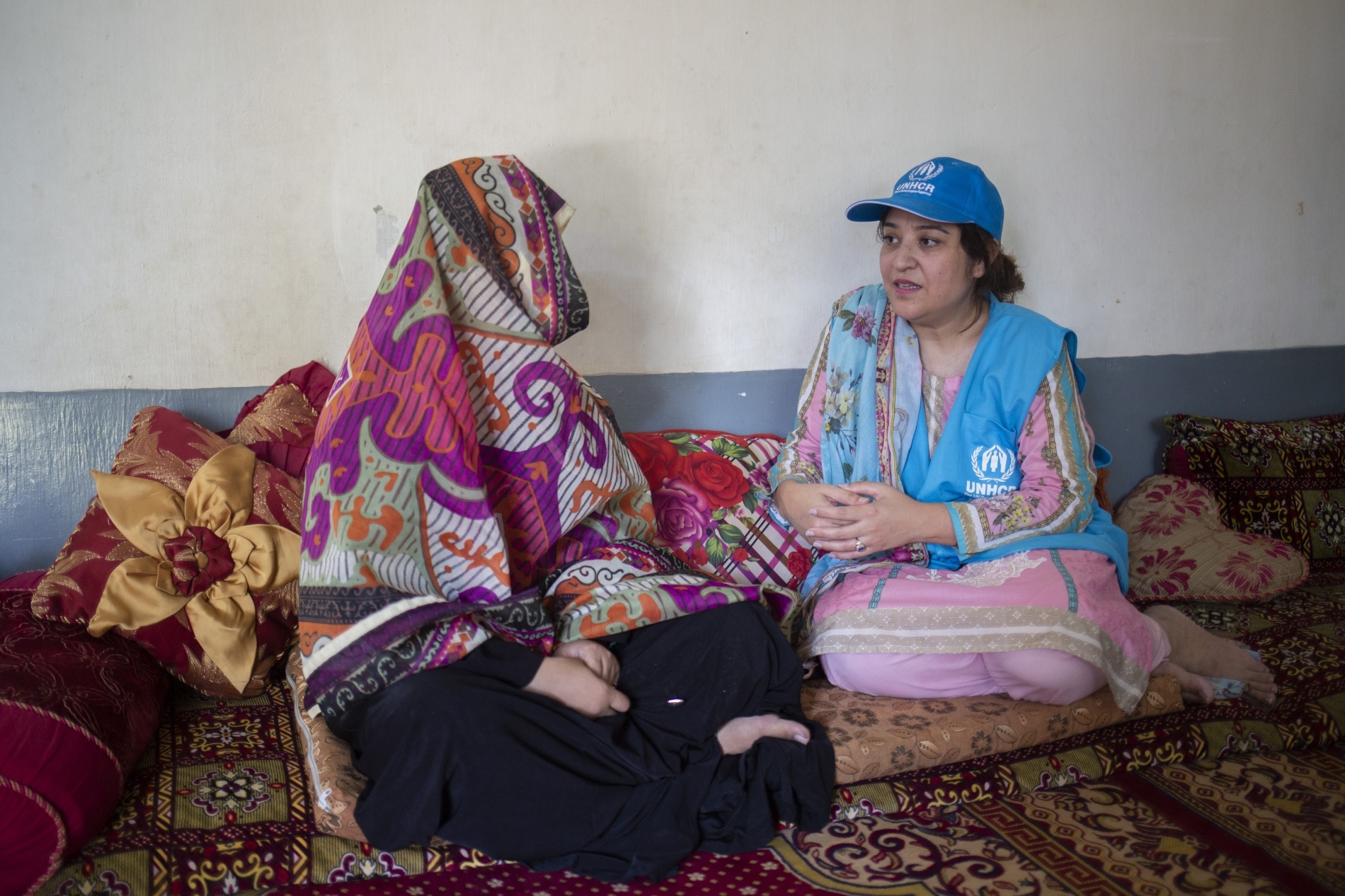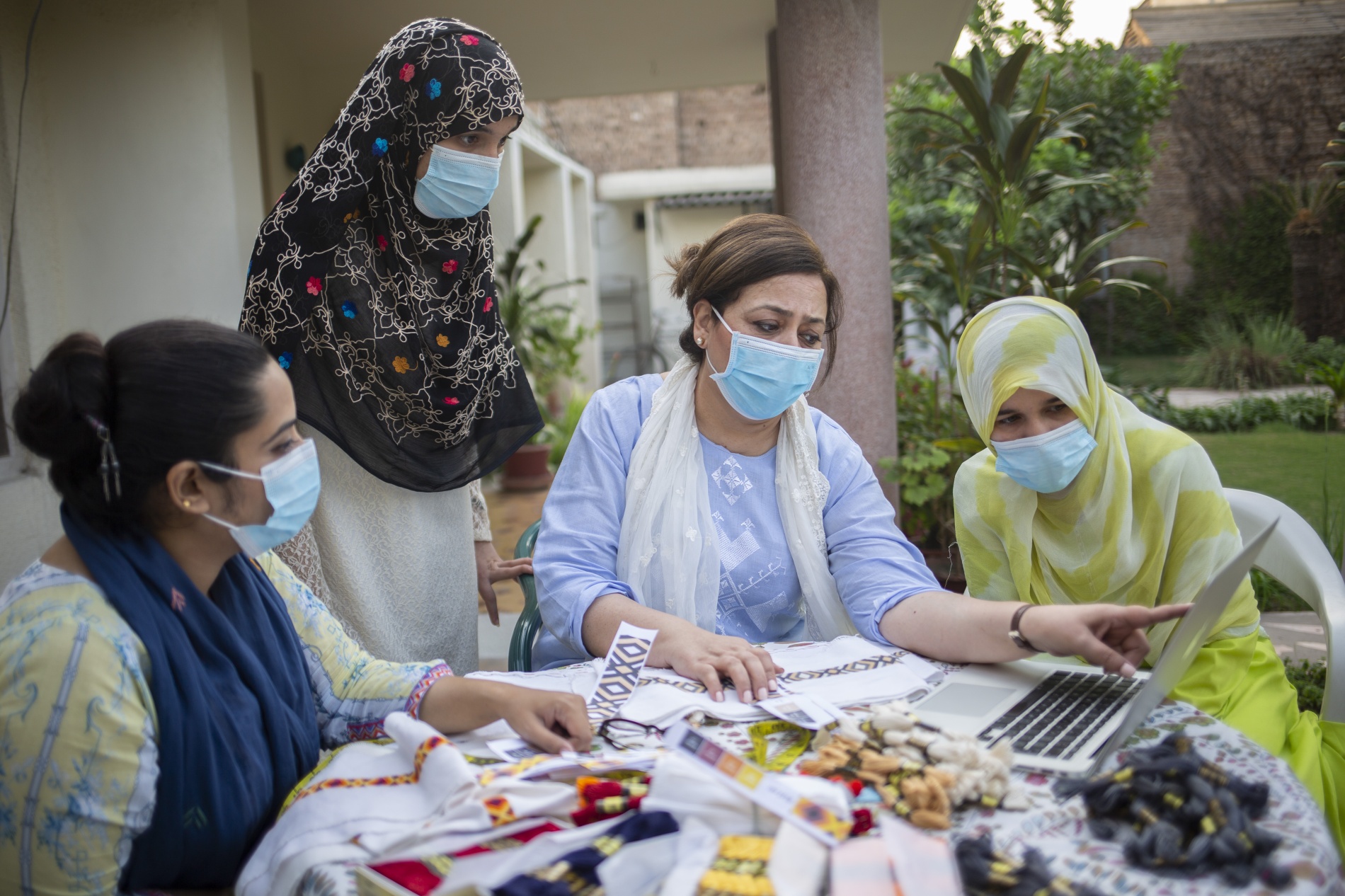Standards & Certification
Redefining Compliance: Sourcing From Refugee Artisans Through MADE51
MADE51: The new benchmark for working with refugees
The MADE51 initiative by UNHCR empowers brands in the fashion industry to source ethically while supporting the economic empowerment of refugees.
By going beyond traditional compliance measures and integrating with standard supply chains, MADE51 effectively addresses buyers' concerns, ensuring protection, and maintaining transparency throughout the process.
How MADE51 mitigates ethical compliance risks
1. A country-specific feasibility study: The first step in the implementation of MADE51 is using UNHCR’s operational environment assessment tool. This study determines whether or not conditions within a country would allow for MADE51 to operate successfully.
2. Pathway process of due diligence: This is then followed by a carefully designed pathway process of due diligence, which includes protection assurance and compliance with fair trade standards, described below.
This mitigates risks for refugees and allows fashion brands and retailers to source in alignment with the highest ethical standards. The MADE51 model is UNHCR’s framework for engaging refugees in the artisan sector throughout all its field operations globally.

Protection assurance: what makes MADE51 different
UNHCR teams on the ground: As many refugees are located in remote locations, such as refugee camps and settlements, UNHCR field operations are uniquely well-situated to access and map refugee artisan groups, as well as ensure the monitoring of production conditions and payments.
UNHCR's Protection Assurance process: UNHCR completes an artisan mapping tool to record the details of the refugee artisan group. This is complemented by the Protection Assurance process which ensures that the specific needs of refugees are addressed as they begin a working relationship with the local social enterprise (LSE) partner.
Continual monitoring and engagement: UNHCR in-country staff continually monitor and engage with refugee artisans to ensure compliance and ongoing protection, with complaint mechanisms and whistleblowing channels in place for refugees to address any concerns.
MADE51 exceeds credible international labour standards
Exceeding UN, ILO and OECD guidelines: MADE51 practices directly fulfil and exceed credible international standards such as UN and International Labour Organisation Conventions, and Organisation for Economic Co-operation and Development (OECD) guidelines.
Upholds Fair Trade principles: The initiative partners with the World Fair Trade Organization (WFTO) and upholds its ten principles of Fair Trade.
Align with UNHCR's protection principles: These principles closely mirror UNHCR's protection principles for refugee engagement with the private sector. By ensuring established Fair Trade standards, MADE51 offers buyers confidence in the compliance and sustainability of their sourcing decisions.

How MADE51 addresses compliance
1. Thorough application process for new suppliers: MADE51 addresses compliance from the outset of a new supplier relationship, including ensuring that all social enterprise partners undergo a thorough application process managed by WFTO in collaboration with UNHCR as part of a robust onboarding process.
2. Social enterprise partners: Every refugee artisan group works with a registered enterprise in their host country which manages the production, quality assurance and export. MADE51 carefully connects refugee artisan groups and social enterprise partners, taking into account factors such as location, working conditions, and protection concerns.
3. Product reviews and costing evaluations: MADE51 conducts thorough product reviews and evaluation of costing sheets to ensure transparent and competitive prices that protect fair payments to the refugees.
4. Sensitisation training: Social enterprise partners also participate in sensitisation training on working with forcibly displaced persons, which emphasises protection concerns and referral mechanisms, safeguarding the workers and offering channels to raise grievances.
Social impact measurement and reporting provided
Annual impact assessment: It is a requirement of MADE51 social enterprise partners that there is social, environmental, and financial transparency. All MADE51 social enterprise partners report and measure impact which is shared through an annual impact assessment.
Additional impact measurement assessment for larger brands: For larger brand collaborations and orders involving collaborative products, MADE51 implements an additional impact measurement system. Social enterprise partners use a standardised production monitoring tool linked to artisan payments, enabling detailed information collection across all locations in which the product is being made.
Production monitoring and impact reports: Throughout the order process, focus group discussions conducted by UNHCR and partners monitor progress, allowing for the generation of impact reports. While comprehensive bespoke reports may not be feasible for all orders, they are provided for larger brand collaborations such as Chloé and UNIQLO providing all the necessary information for the brand to demonstrate the product’s positive impact to customers.
Shareable impact data: The impact reports can be used on website copy, on social media, and also in sustainability and CSR brand reports. Increasingly, shareholders and investors are interested in this information by way of upholding the Environmental and Social Governance (ESG) of their portfolios.
For more information about sourcing from refugee artisans, get in touch with the team at Made51.
Header image: Tribal Textiles
